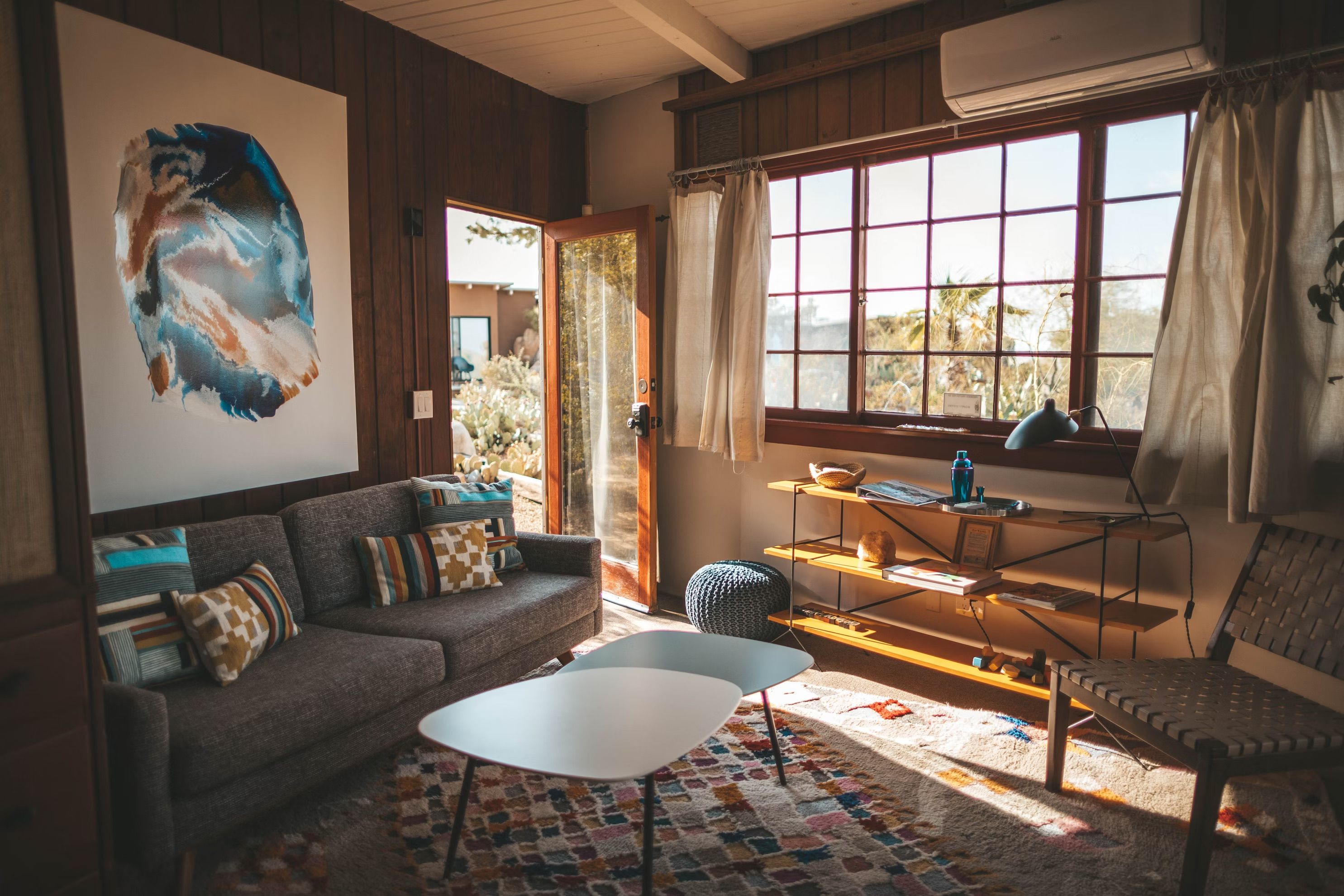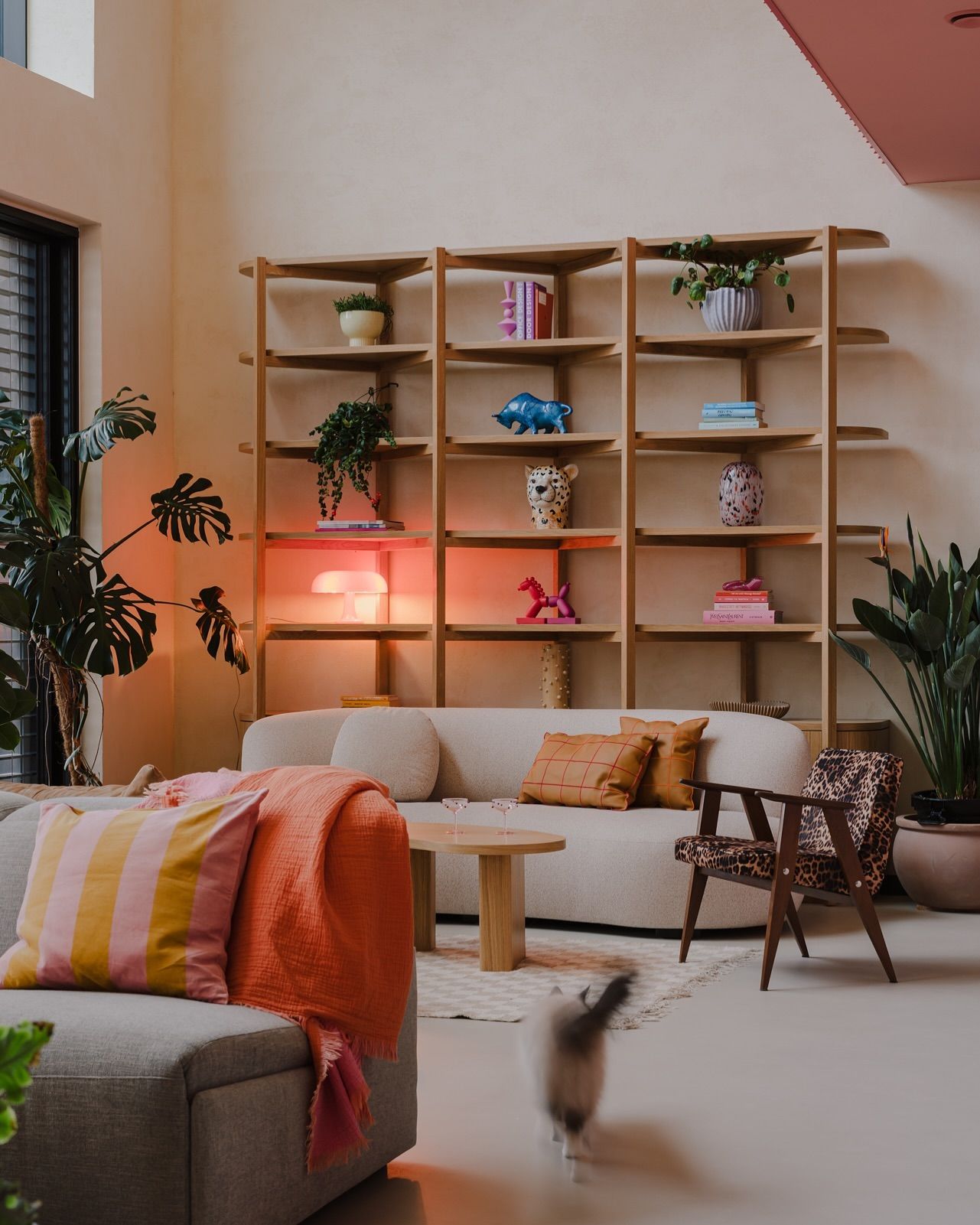Discover Kitchen Backsplash & Flooring
Spoken matches kitchen backsplash and flooring across 100s of stores to find you the best price.



Quick facts
Can't find the answer you're looking for? Please get in touch with our friendly team.
What backsplash does not go out of style?
Subway tile is a classic backsplash that never goes out of style. Its simple, clean lines and versatility make it suitable for various kitchen designs. White or neutral colors are particularly timeless, allowing for easy updates with decor changes.
Should backsplash be lighter or darker than cabinets?
The backsplash can be either lighter or darker than the cabinets, depending on the desired effect. Lighter backsplashes can create a brighter, more open feel, while darker backsplashes add depth and contrast. Choose based on your overall color scheme and style preference.
What is the rule for a kitchen backsplash?
The main rule for a kitchen backsplash is to protect the walls from moisture and stains while enhancing the kitchen's style. Typically, it should extend from the countertop to the bottom of the upper cabinets or at least 18 inches high behind the stove.
What is the most popular backsplash right now?
The most popular backsplash currently is white subway tile. Its classic look pairs well with various kitchen styles, from modern to traditional. Homeowners appreciate its versatility, ease of cleaning, and ability to brighten up spaces, making it a timeless choice for many.
What is the trend in backsplash in 2024?
In 2024, backsplash trends focus on bold colors, textured materials, and large-format tiles. Natural stone and eco-friendly options are gaining popularity, while geometric patterns and mixed materials add visual interest. Matte finishes are preferred over glossy, creating a more sophisticated look in kitchens and bathrooms.
What tile is best for a kitchen backsplash?
Ceramic and porcelain tiles are popular choices for kitchen backsplashes due to their durability and ease of cleaning. Glass tiles add a modern touch and reflect light, while natural stone tiles provide a unique, rustic look. Choose a style that complements your kitchen decor.
Category Overview
Introduction
In any home, the kitchen serves as a hub for daily life, making the choice of backsplash and flooring significant both functionally and aesthetically. These elements not only protect your walls and floors from spills and stains but also enhance your overall kitchen experience by contributing to comfort, utility, and décor. A well-chosen backsplash can become a stunning focal point while durable flooring ensures that you feel at ease whether you're prepping meals or entertaining guests.
Functionality
The primary functions of kitchen backsplashes include protecting walls from water damage and adding an easy-to-clean surface that stands up to heat, grease, and grime. Flooring plays a crucial role in providing comfort underfoot during long cooking sessions while handling frequent foot traffic. You might find various backsplashes made of tile, glass, or stainless steel within the kitchen space, while hardwood, laminate, or vinyl can be used for flooring throughout open-concept rooms or dining areas. Some unique features to consider include slip-resistant surfaces for added safety.
Design & Style
When it comes to design materials for backsplashes and flooring, you have a world of options: glossy subway tiles for that modern touch or rustic stone for a farmhouse vibe can set the tone in your kitchen. You may opt for minimalist designs with clean lines or bold patterns that reflect your personality. Personalizing these elements allows you to create a cohesive look that meshes with various styles—whether you're aiming for modern chic or cozy rustic aesthetics. Don’t forget about how different finishes can complement everything from cabinetry to countertops!
Practical Considerations
Selecting the right backsplash and flooring involves practicality as much as style. Assess room size; larger kitchens may benefit from bold patterns while smaller spaces often look best with lighter colors to enhance openness. Durability is also key; choose materials like porcelain tile for high-traffic areas where spill cleanup will be necessary. Common mistakes include opting for overly fragile materials in busy kitchens or choosing colors that clash with existing decor elements—take time to visualize how everything fits together before finalizing decisions.
Comparison and Alternatives
When considering materials, wood offers warmth but requires maintenance compared to the durability of ceramic tile which is resistant to moisture but may feel colder underfoot. Glass backsplashes add elegance yet need more upkeep than easy-to-wipe-down metal options which offer sleekness without sacrificing functionality. Think about room size when selecting styles; larger rectangular tiles might suit expansive kitchens better than small squares which could overwhelm tighter spaces.
Trends and Popular Items
Currently trending are classic white subway tiles paired with natural stone accents on countertops—providing both contrast and texture in the kitchen environment. Another popular choice includes herringbone-patterned backsplashes that catch eye effortlessly while remaining timelessly stylish. For flooring, sustainability is key; bamboo options are rising in favor due to their eco-friendliness alongside attractive aesthetics like rich grains. By considering these aspects thoughtfully, you can create a kitchen space that's both beautiful and practical—making every meal prep session feel special!